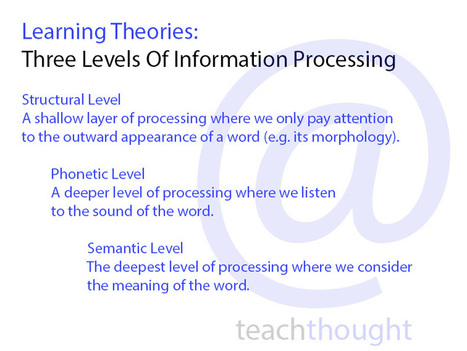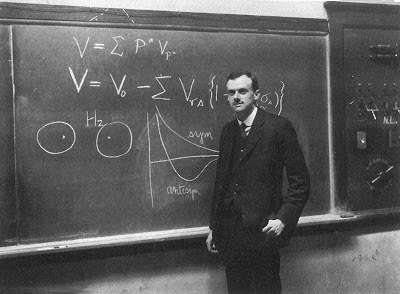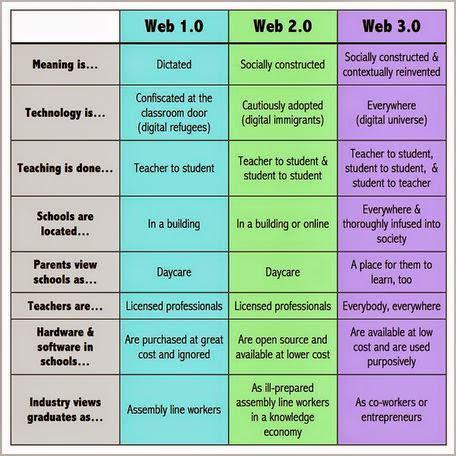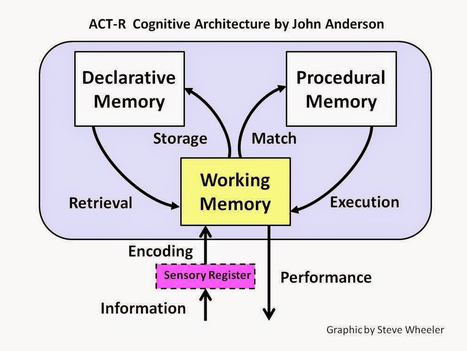I hear and I forget. I see and I remember. I blog and I understand. - Confucius (almost)
Sometime in the next 24 hours, this blog will quietly cross the threshold of 5 million views. This will not be an earth shattering event, nor will lives be changed, or kingdoms overthrown. But reaching 5 million views will be a personal - and a significant - milestone for me.
Get Started for FREE
Sign up with Facebook Sign up with X
I don't have a Facebook or a X account

 Your new post is loading... Your new post is loading...
 Your new post is loading... Your new post is loading...
Current selected tag: 'Steve Wheeler'. Clear
His theme was love of learning, love of education, and especially love for each other. He argued that the success of teaching and learning is dependent upon good teacher student relationships, and that love was paramount. Phil (his name, appropriately, is loosely derived from the Greek word Phileos, meaning brotherly love) made the remark that love is a word that is easily confused in our western culture, because in English at least, we only use the one word for what turns out to be a large spectrum of different kinds of emotion and attachment - a complex array of loves, from mild affection, through passion to absolute adoration.
In my previous blog post, the architecture of learning, I outlined some of the key characteristics of learning in a digital age, and started to identify some of the main differences between Learning 1.0 (before social media) and Learning 2.0. In the summary of the article, I suggested that the distinct differences between the two types of learning are mostly based on how learners are changing the ways they interact, and their increased ability to create, share and organise their own learning. Learning 2.0 is socially much richer and more participatory, and relies more on interaction with other learners than any previous learning approach.
Following on from my recent posts on praxis and the meaning of education, here are a few thoughts on pedagogy. If you ask someone what a pedagogue is, they are likely to reply 'a teacher'. One fairly limited definition of the word pedagogue is: a school teacher. Another less kind definition suggests that pedagogues are people who instruct in a dogmatic or pedantic manner. We seem to have many views on the nature of pedagogy and how it is conducted. Unfortunately, these often lead to confusion.
Using technology in the classroom and integrating technology for learning are two different things. The first is something that any teacher can do without much thinking, but to truly integrate technology into education takes a great deal of imagination, thinking and planning. Embedding technology so that it becomes transparent is clearly an aim to which all educators should aspire. Clearly, many schools and many educators struggle with this, and end up teaching using technology as an afterthought.
"Teachers should be aware that they may be perceived as authority figures in formal education settings. Their behaviour is not only a model toward which young people pay particular attention, teachers also need to take some care about the manner in which they ask and expect their students to comply."
This is number 26 in my series on learning theories. I'm working through the alphabet of psychologists and theorists, providing a brief overview of each theory, and how it can be applied in education. Previous posts in this series are all linked below. The previous post highlighted issues around the theory of Communities of Practice, from the work of Jean Lave and Etienne Wenger. In this post, I'm revisiting a well known and heavily used motivational theory - Maslow's Hierarchy of Human Needs.
What kind of teachers will we see in 2020? Will they be any different (and will they be doing anything different) to what they are now? It's hard to say, because we can't predict the future. But can we help shape it? Take a look at what has already appeared on this blog in my 2020 Vision series, and there may be some clues. I have written about 2020 learners, 2020 classrooms and 2020 curriculum (focusing mainly on assessment of learning), and also touched on what we might see with 2020 learning technologies. Much of what I have written has been informed by crowdsourcing conversations with teachers on Twitter and other social media, as well as face to face.
This is number 9 in my series on learning theories. My intention is to work through the alphabet of psychologists and provide a brief overview of each theory, and how it can be applied in education. In the last post we examined Yrjö Engeström's Second Generation Activity Theory [http://en.wikipedia.org/wiki/Activity_theory] and its applications to education. In this post, we explore the work of Hermann Ebbinghaus on memory and learning. This is a simplified interpretation of the theory, so if you wish to learn more, please read the associated literature.
In this post, we explore the work of John Dewey on experiential and interactive learning. This is a simplified interpretation of the theory, so if you wish to learn more, please refer to the original work of the theorist.
One of the key points I made in my keynote was that the future of education will be both richly social and intensely personal. This might sound like a paradox, but essentially, with all the digital tools we now have at our disposal, we can connect like never before, and create our own powerful social networks. Simultaneously, we can manipulate the tools we have at our disposal to create our own individual learning pathways, select our own personal preferences, and devise our own collections of resources.
[Including Digital age learning - slide deck]
The recent Higher Education version of the Horizon Report highlights some interesting predicted trends for technology adoption. One that caught my eye is focused on the culture of user generated content - otherwise referred to as the creator society. |
Many of my public presentations have the prefix: Digital Learning Futures, because for me, the future of education and learning will be greatly influenced by digital technologies.
Celeste Proud's curator insight,
March 29, 2015 10:43 PM
A presentation on how digital technology is shaping education around the world
What happens when you remove restraints from learning, and allow students to discover for themselves? What happens when students are given problems to solve rather than solutions to apply? What happens when students are given blank canvases,...
What will educators do in the future? How will they work with students in the coming years? Will the role of the classroom teacher change? Certainly, people's perceptions of education seem to be changing. Some experts are predicting that the time of the traditional classroom is coming to an end. They suggest that the future of education will see learning located in any place, with technology mediating all forms of communication. Others argue that schools will always be needed, especially to maintain the social context of education. Many are undecided and hope that life will continue much as it has in the past. Change is often unwelcome, and disruption is feared by many teachers.
When psychologist Philip Zimbardo embarked on a new social experiment in 1971, he could not possibly have predicted its outcome nor the repercussions. The Stanford prison experiment was a study that sought to investigate what happened to people when they were imprisoned. 24 student volunteers were randomly assigned as either guards or prisoners. The former were kitted out with guard uniforms and other associated paraphernalia. They were given sunglasses to wear and told you guard the prisoners in a mock prison in the basement of one of the Stanford University buildings. Those assigned as prisoners were 'arrested' and cuffed, and brought in by police cars to the 'prison' where they were placed in the cells.
This post examines some of the categories of technology and the places they might occupy when they are integrated into the learning process. It's important for teachers to consider that integrated technology can provide a doorway to deeper learning, characterised for example in critical analysis and personal reflection. A journal article by Kirk and Pitches (2013) is a useful starting point, because they identify three specific categories of technology that have a place in contemporary learning.
This is number 8 in my series on learning theories. My intention is to work through the alphabet of psychologists and provide a brief overview of each theory, and how it can be applied in education. In the last post we examined the various educational theories of John Dewey including experiential learning. In this post, we explore the work of Yrjö Engeström on Activity Theory.
This is number 27 in my series on learning theories. I'm working through the alphabet of psychologists and theorists, providing a brief overview of each theory, and how it can be applied in education. Previous posts in this series are all linked below. The previous post featured Abraham Maslow's Hierarchy of Human Needs. In this post, I will examine Jack Merizow's [http://en.wikipedia.org/wiki/Jack_Mezirow ] Transformative Learning theory. As usual, this is a simplified interpretation of the theory, so if you wish to learn more, please read the associated literature.
Learning Theories: Adaptive Control of Thought
This is the first in a series of posts on important theories of learning and memory. Over the next few weeks I plan to work through the alphabet of psychologists to explain over 30 major theories that relate to teaching and learning. In each post I’m going to try to simplify some complex ideas and present the models and theories in brief, bite sized posts. Each will also have a brief section on how the theory might apply to everyday teaching and learning. Here’s the first: John Anderson’s ACT-R model of memory.
As usual, this is a simplified interpretation of the theory, so if you wish to learn more, please read the associated literature.
In this post, we explore the work of Mihály Csíkszentmihályi on Flow Theory. This is a simplified interpretation of the theory,
A keynote presentation for the minicon Reform Symposium conference on May 4, 2014. Online global.
Ever since I read George Dvorsky's 20 crucial terms every 21st Century Futurist should know I have been thinking about one particular term he featured. His mention of the Substrate-Autonomous Person got me thinking about what possible applications should could have for education in the future. |





















